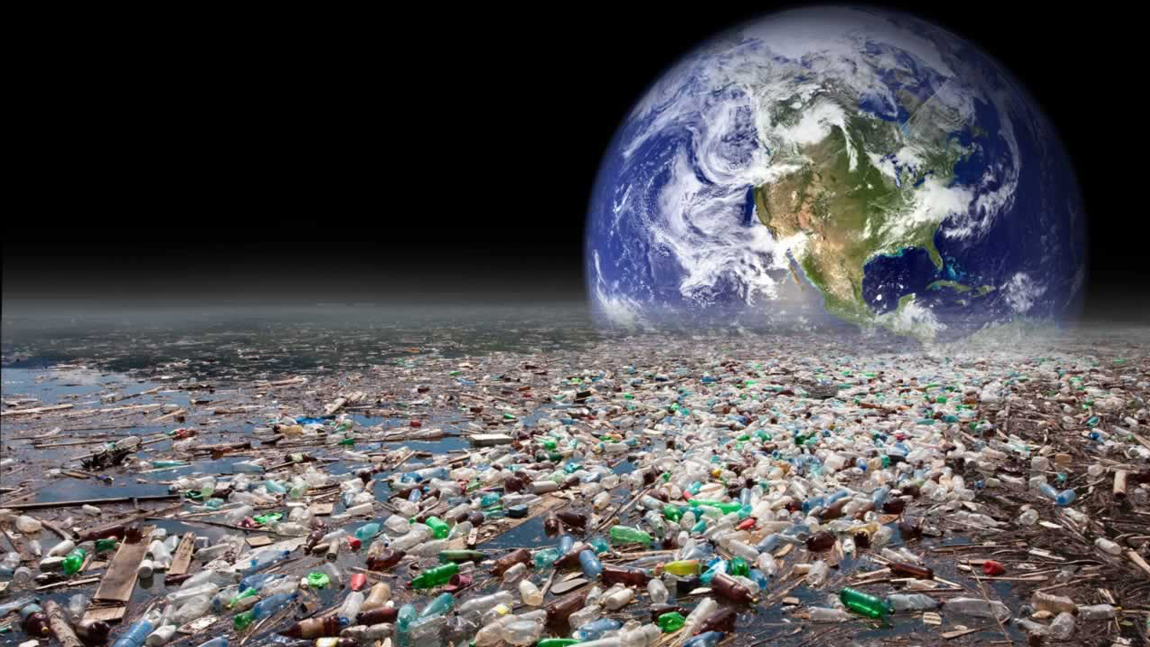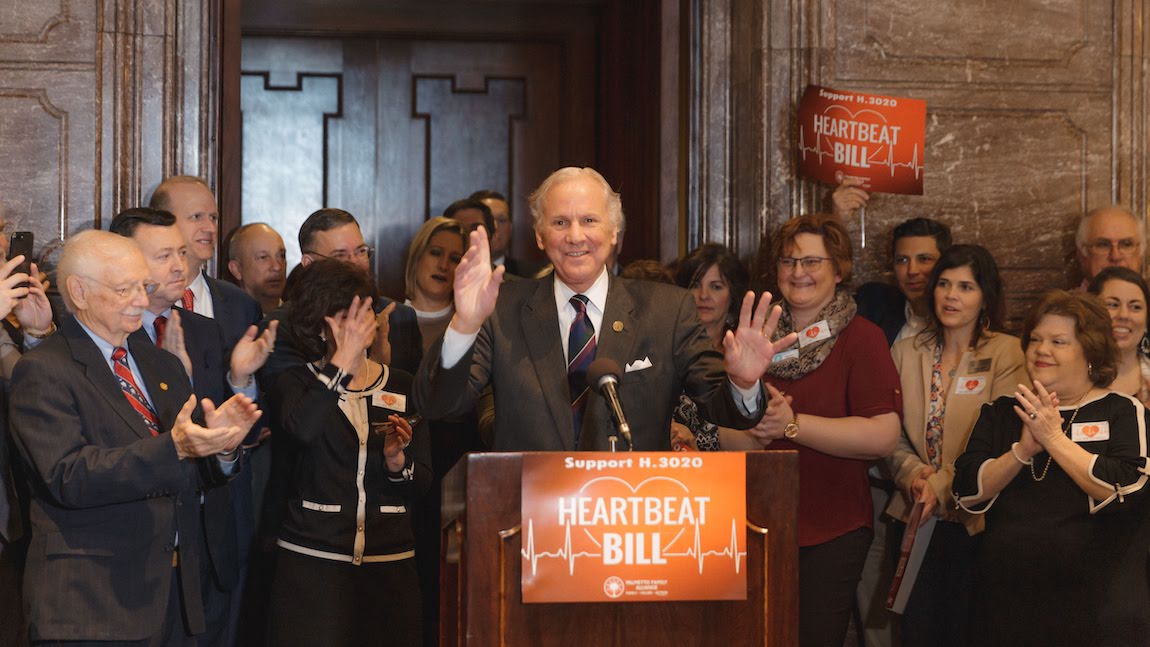By V. Susan Hutchinson
HCDP is proud to announce that their Zero Waste Resolution was approved at the SCDP state convention June 6, 2020. The resolution was submitted at the HCDP Precinct Reorganization in 2018 and then sent SCDP for approval in June 2019 where it was tabled until this year. Thank you and congratulations to all who had a hand in crafting the resolution and working with SCDP on a proposal that will move South Carolina toward, eventually, eliminating the use of disposable plastics.
The Zero Waste Resolution was approved at the HCDP County Convention in March 2018. The resolution sought to implement a statewide policy to regulate and reduce single use disposable items. This includes plastics and other items that are a challenge to recycle. As part of the supporting argument, it was stated that disposable items are not only an eyesore and pollutant to waterways and farmland, they are also hazardous to animals who can become entangled in them and can disrupt both human and animal endocrine systems when ingested. In addition, HCDP opposed any ordinance or legislation that would interfere with the ability of state and local government’s ability to reduce the use of disposable items at meetings and events.
Zero Waste Initiatives
What does Zero Waste Mean? Although there are varying definitions, the Zero Waste International Alliance defines it as:
“The conservation of all resources by means of responsible production, consumption, reuse, and recovery of products, packaging, and materials without burning and with no discharges to land, water, or air that threaten the environment or human health.”
The State of Connecticut calls it “a philosophy and a design principle for the 21st Century.” Many U.S. states have adopted the principles and policies of the Zero Waste International Alliance with some including defined goals. Los Angeles, CA has set a goal of zero waste to landfills by 2025, while Asheville, NC has “a goal to re-design resource lifecycles so that materials are reused and waste is minimal.”
Here in Horry County, Goffinet McLaren co-founded the Chirping Bird Society of Horry County with Grace Gifford, HCDP’s Office Manager and active volunteer for voter protection. The Society has grown over the years and its message of eliminating plastic waste has spread throughout the county. Grace was responsible for proposing the Zero Waste Resolution in 2018.
HCDP Submits Supporting Arguments on Zero Waste
HCDP submitted new considerations for the Zero Waste Resolution to the SCDP Resolutions Committee on May 26, 2020. These supporting arguments included:
– In 2018 China stopped importing U.S. waste for recycling. This resulted in increased volumes of plastics in U.S. landfills.
– The publication of Fatter, Sicker, Poorer: The Urgent Threat of Hormone Disrupting Chemicals to Our Health and Future…and What We Can Do About It. The author, Dr. Leo Trasande, explains the health and economic impacts of endocrine disrupting chemicals in plastics.
– The decreasing cost of basic materials to make plastic, such as natural gas and petroleum, have increased production of U.S. manufactured plastics. In addition, the pollutants from refineries and plastic manufacturing plants are adversely affecting low income communities, which are mostly communities of color.
– The increased effort to ban the use of plastic bags throughout the U.S. South Carolina currently has no ban on plastic bags although local ordinances have been implemented to reduce plastic waste.
– The release of several films which document the hazards to birds, marine life and people due to single use plastics.
– The introduction of H.R.5845 – Break Free From Plastic Pollution Act of 2020, which is currently in the Subcommittee on Water Resources and Environment.
The SCDP Resolution
The additional considerations resulted in the HCDP Zero Waste Resolution being passed this year with additional verbiage added by SCDP. The approved resolution now includes the following statistics:
- The average American family consumes 1,500 plastic shopping bags and as a nation throws away 100 billion plastic bags annually
- In 2014, the Citadel estimated that about 7.5 tons of plastic can be found in Charleston Harbor at any given time
- A New England Journal of Medicine article states that COVID-19 can survive up to 72 hours on stainless steel and plastic surfaces while it only survives for 24 hours on cardboard
- Plastics and their degraded particles in water will kill approximately 100 million marine animals each year
- Americans use 50 billion plastic water bottles per year, of which only ¼ make it to a recycling center and 6 million tons of plastic utensils are thrown away every year
SCDP has resolved to stop using single use plastic at all Democratic functions and events and “support measures to regulate and reduce plastic and other disposable trash from the waste stream.” In addition, SCDP will oppose any ordinance or legislation “that would interfere with state and local government’s ability to reduce their waste stream.”
Cathy Tourloukis, another active HCDP volunteer says it best.
As a member of the Chirping Bird Society and the creator of the Facebook page Plastic Free Myrtle Beach, I am thrilled that the South Carolina Democratic Party passed this Zero
Waste Resolution. The more I educate myself about plastics and the damage they are doing to our earth, the more I know that this is the right thing to do. We must all think about the items we buy and use every day. Most plastics that we use every day can be avoided and eliminated with thought.
Just say NO to single use plastic products!






